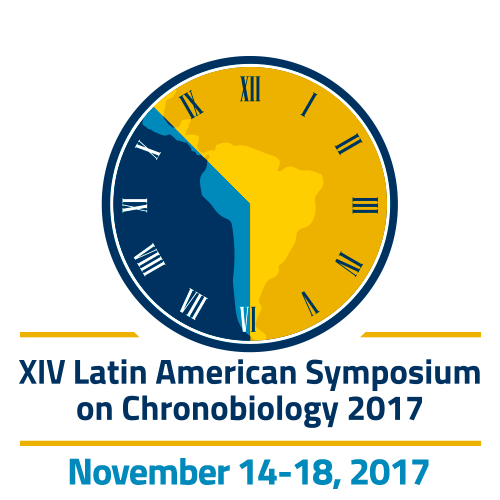Public Lecture
XIV Latin American Symposium on Chronobiology 2017 - LASC 2017
 Michael Rosbash
Michael Rosbash
HHMI Investigator, Brandeis University, USA.

Michael Rosbash’s research seeks to understand: (1) the Drosophila brain circadian circuitry and its relationship to behavior, phase shifting, and the molecular clock; (2) the mechanism and importance of circadian neuronal plasticity; (3) the why and how of sleep and its relationship to circadian rhythms; (4) the contribution of posttranscriptional regulation to circadian biology, sleep, and neuronal function; and (5) circadian timing, circadian transcriptional regulation, and the enigmatic process of temperature compensation.
Website: http://www.hhmi.org/scientists/michael-rosbash

Céline Vetter
University of Colorado Boulder, USA
Céline Vetter uses large observational data sets to query associations of circadian phenotypes, circadian misalignment, sleep, and work hours with health and longevity. Her work aims to identify modifiable risk factors in the realm of circadian and sleep research that can be leveraged for prevention strategies in real life settings.
Current interests include:
– Cardio-metabolic consequences of circadian misalignment and sleep deprivation
– Work hour characteristics, occupational safety, and health
– Effects of sleep, and the mismatch between chronotype and work hours on mood
– Quantification of light exposure in real life
– Circadian phenotyping

